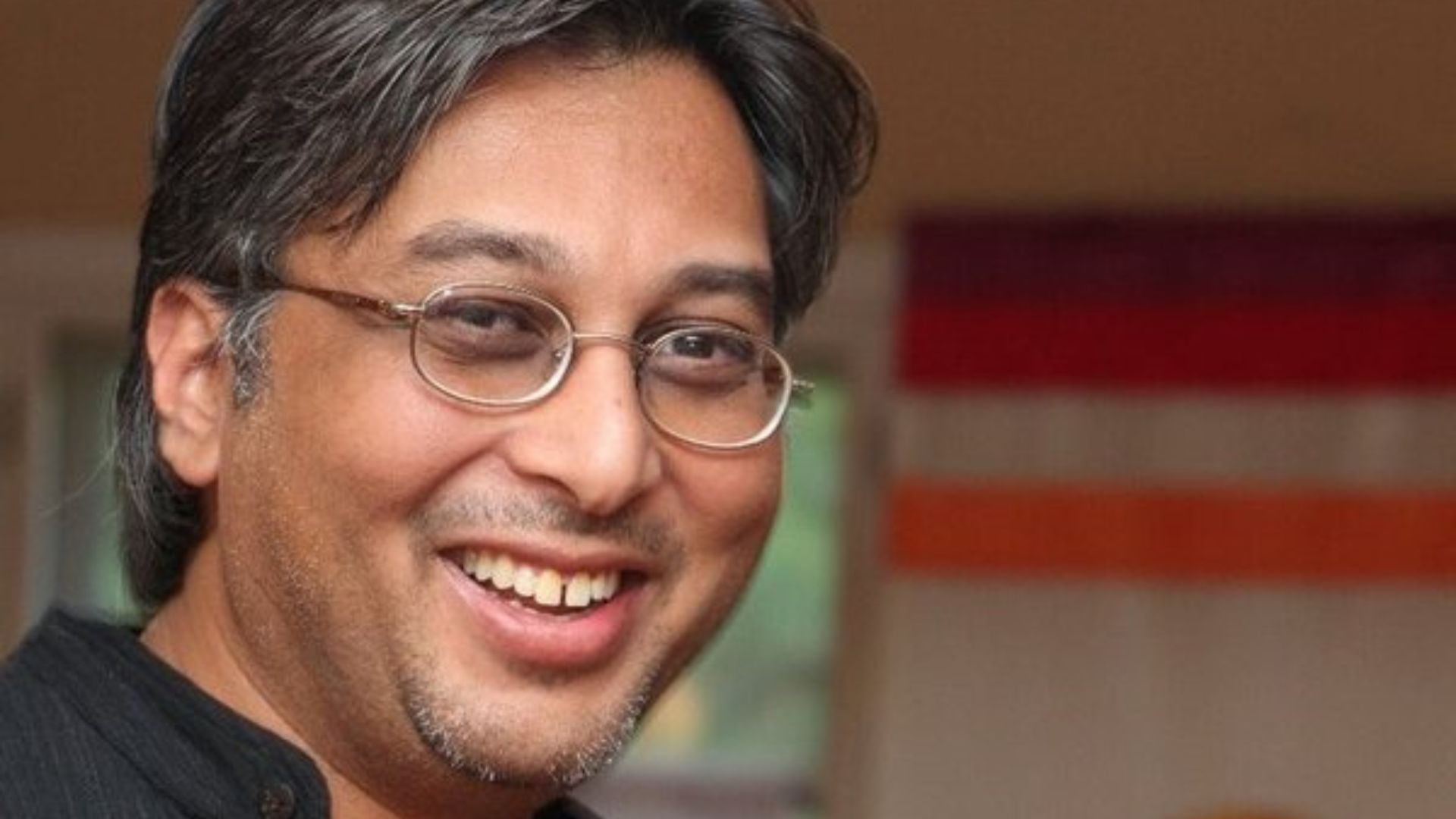Our team
Behind the scenes of our Institute is a small yet hard-working team of permaculture thinkers, writers, researchers, coordinators and doers.
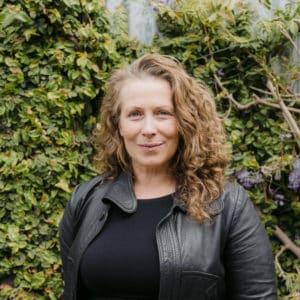
Morag Gamble
Managing Director
For the past 30 years as a Global Permaculture Ambassador, Morag Gamble has led programs in 22 countries. Local food systems and permaculture education have seen her teach in communities and universities around the globe – most recently at Schumacher College in England – and leading a Food Politics course at Griffith University.
Morag lives amidst an award-winning permaculture education garden in a UN recognised permaculture village, and works with city farmers, school farmers, community gardeners, and educators.
She sees the direct social and ecological impact of industrial farming on marginalised farming communities around the world – in Indonesia, India and most recently in East Africa.
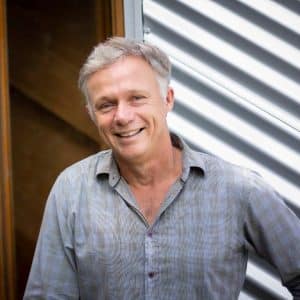
Evan
Director, Researcher and Videographer
Evan is a whole systems thinker who sees permaculture as a practical and accessible application of systems thinking through design.
He is a resilience and adaptation advisor who has worked in nearly every level of government, as well as with businesses, non-profits, community groups and individuals.
For over 25 years, he has collaborated with Morag, teaching permaculture and designing. Evan has been instrumental in the development and management of the Permaculture Education Institute, and is the man behind the camera for most of Morag’s films. He’s also an avid mountain bike rider.
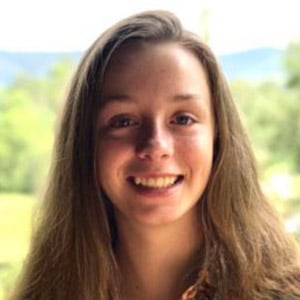
Maia
Events and Podcast
Maia is the cofounder of the Global Permayouth and is the youngest Warm Data Lab host. She graduated from her first PDC in Uganda when she was just 12 and has been helping her mum, Morag, teach permaculture since she can remember – at community events, for school groups, at festivals and on film.
Now 18, she cohosts public events at the Permaculture Education Institute and the Ethos Fellowship program alongside Morag and Fritjof Capra – sharing systems thinking with young people.
Maia is also our podcast editor on the Sense-Making in a Changing World show
She studies philosophy, politics, economics and linguistics at Australian National University, plays piano and bass guitar, and loves jazz, chess and cheese!
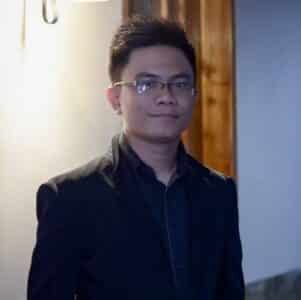
John
Technical Assistant
John is Morag’s assistant and technical whiz. He helps manage the Permaculture Education Institute course portal and provides the back-end support for Morag’s systems and websites.
We connect internationally with thinkers, educators, designers, artivists & doers who inform & inspire permaculture.
Fritjof Capra
Daniel Christian Wahl
Jeremy Lent
Keibo Oiwa
Dominique Chen
Cate McQuillen
Antionette Wilson and Jordon Osmond
Morgan Phillips
Charlie Mgee and Brenna Quinlan
Ansima Casinga Rolande
Hafasha Janvier
Nora Bateson
Satish Kumar
Phoebe Tickell
Nessie Reid
Liz Zorab
Monica Ibacache
Mattias Olsson
Nakafeero Brenda
Dave Meagher
Dr. Amelie Vanderstock
Lyla June Johnston
David Holmgren
Helena Norberg-Hodge
Andrew Millison
Manish Jain
Marina O’Connell
Ousmane Pame
John Feldman
Dirt Girl
Bemeriki Bisimwa Dusabe
Our collaborators
Our team also collaborates widely with a number of leading permaculture and climate action groups across the globe.






























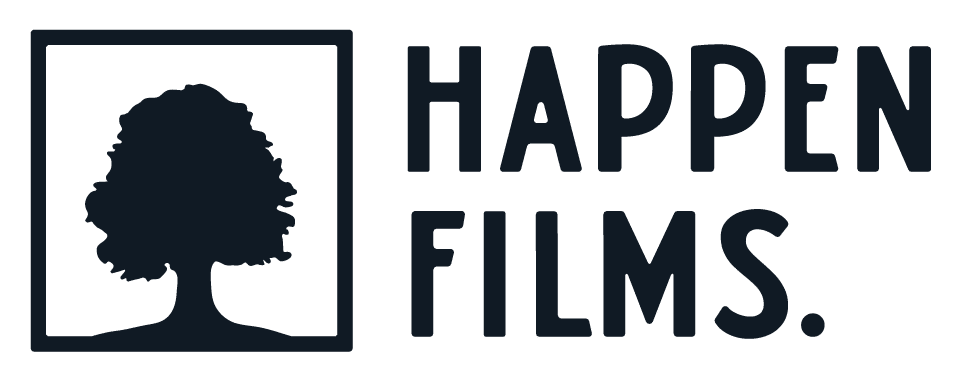

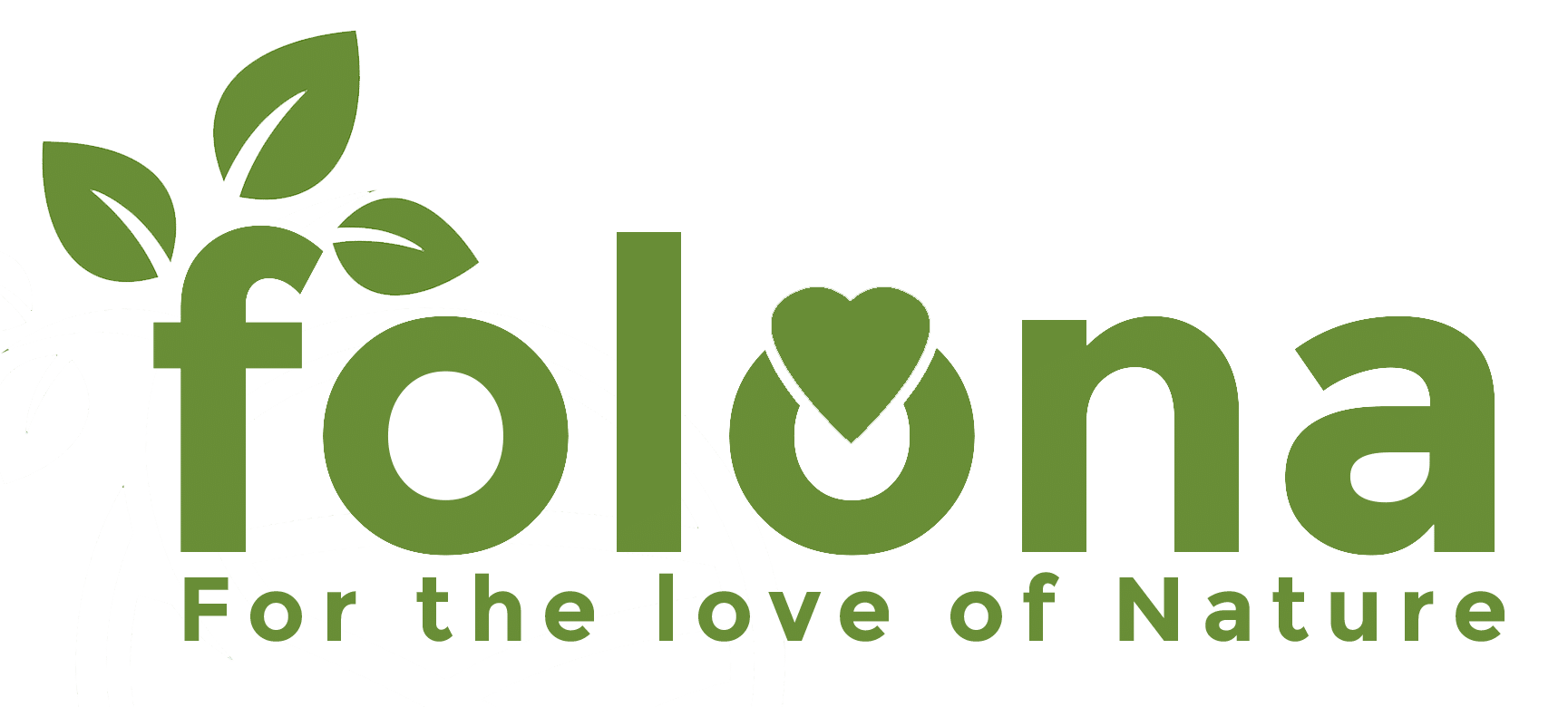


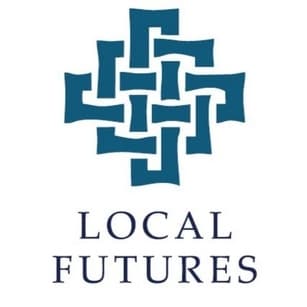
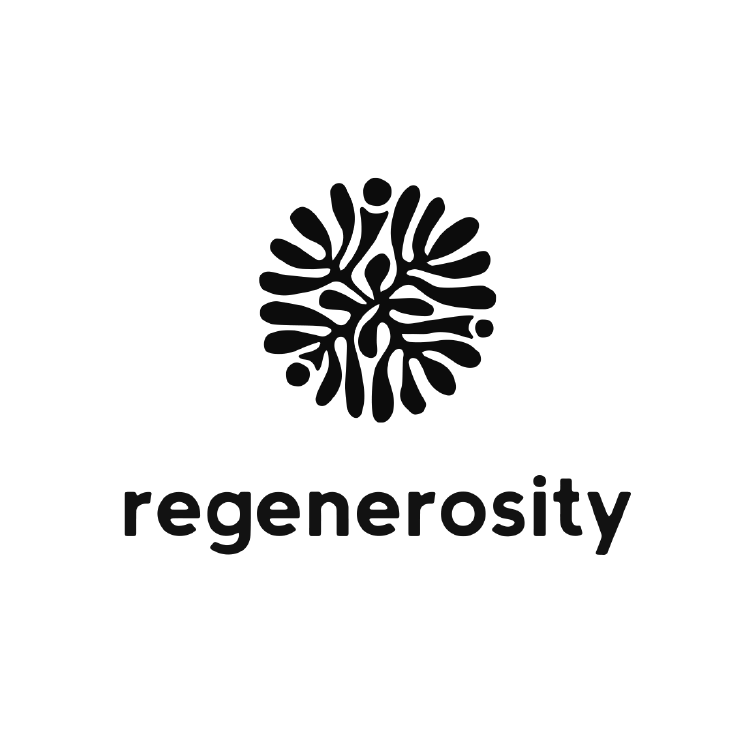







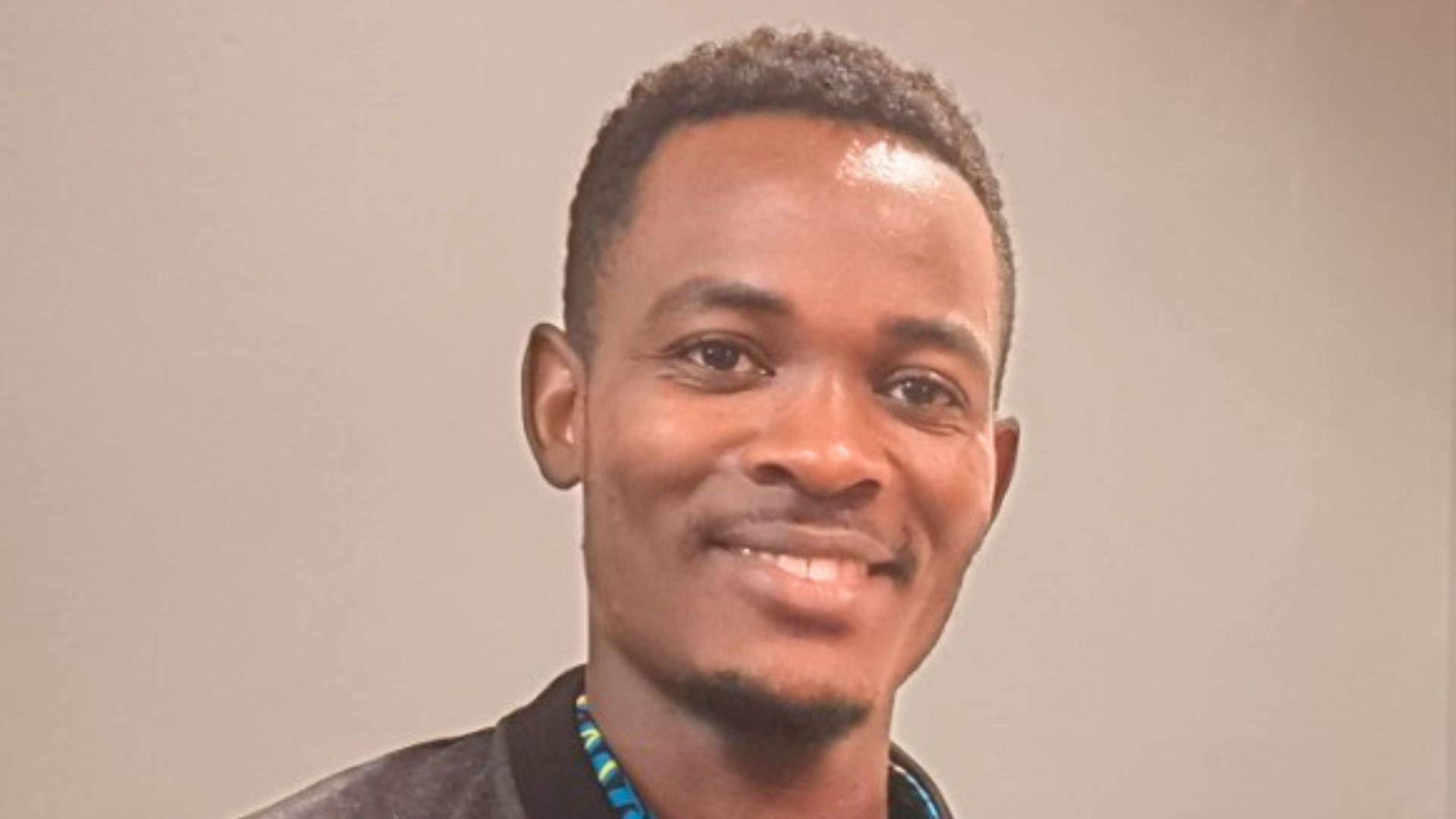
Janvier is from North Kivu in the Democratic Republic of Congo but is now a refugee living in Uganda along with hundreds of thousands of others from his region due to conflict caused largely by ongoing effects of colonisation and the current mineral exploitation. Janvier is passionate about supporting refugees, permaculture, sustainability and nature. He is the leader of Kyaka II Refugee Settlement Permayouth Hub and Director for HODARI Foundation that has supported over 5,000 youth in skills and leadership. He aspires to break the cycle of gender inequality, discrimination, poverty, food insecurity, climate change effects and transform lives of vulnerable refugees.
https://ethosfoundation.org.au
https://hodarifoundation.org/
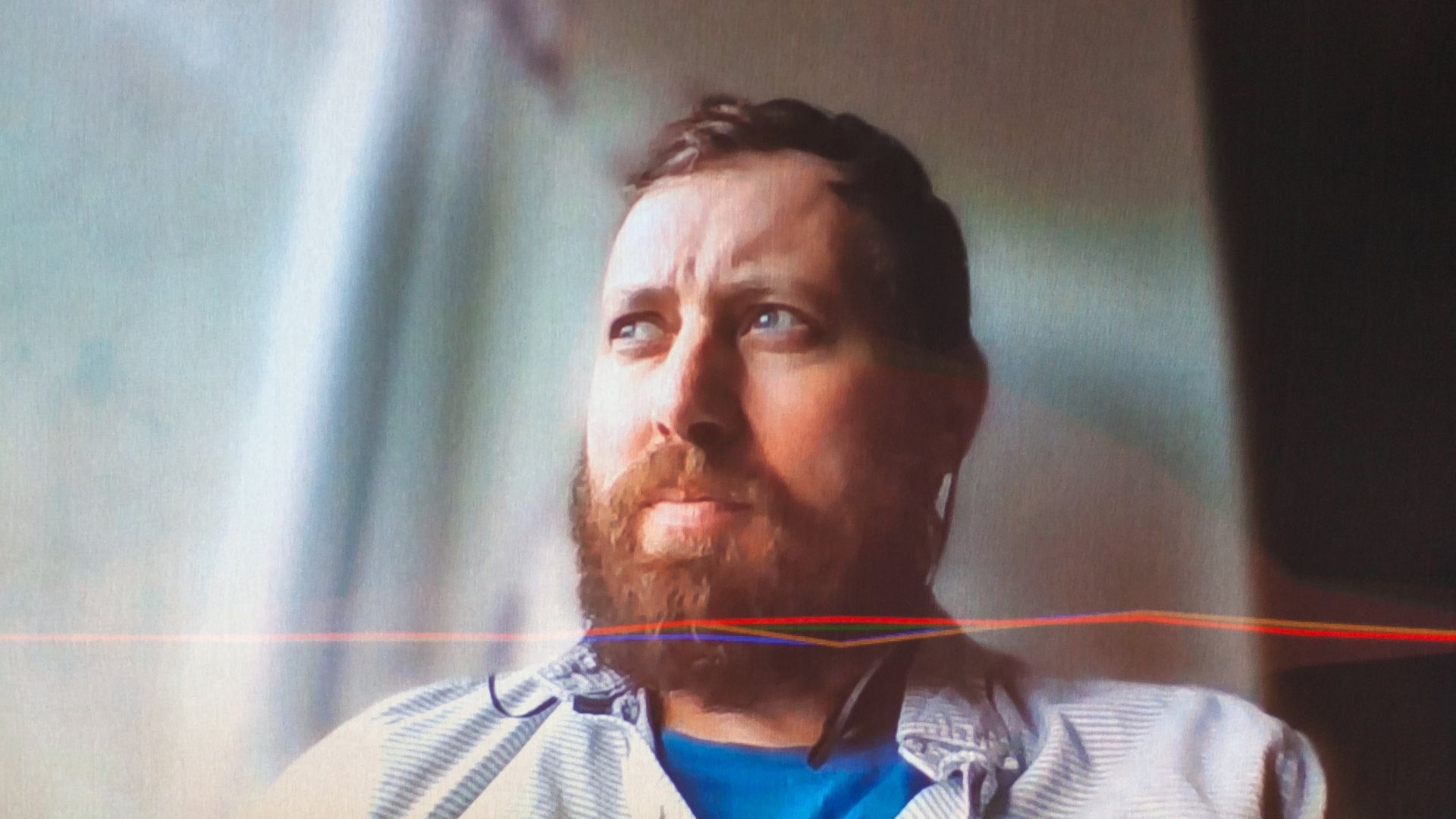
Dr Morgan Phillips is the Head of Education and Youth Engagement at Global Action Plan leading Generation Action to transform the education system. Until recently he was the UK Co-Direcor of The Glacier Trust – enabling climate change adaptation with remote mountain villages in Nepal. He is author of Great Adaptations – In the Shadow of a climate crisis, and will soon release a book with Rupert Read. He is a volunteer Associate Director with the Green Schools Project – a london based Environmental Education program for schools. He was also head of Eco-schools England – the world’s largest environmental education program now running in 60 countries and is a trustee for the UK National Association for Environmental Education
https://www.morganhopephillips.com/
https://www.globalactionplan.org.uk/generation-action
https://theglaciertrust.org/

Rolande is a dedicated and passionate permaculture and nutrition trainer for refugees, with a strong focus on education, nature, health, and well-being. She is a graduate of the Permaculture Education Institute and lead member of the Permayouth team in East Africa supported by the Ethos Foundation, and founder of community benefit organisation Folona. With a deep understanding through experience of the challenges faced by refugees, she strives to provide comprehensive training programs that empower individuals to rebuild their lives and integrate into their new communities through a combination of practical skills development, educational support, and promoting a holistic approach to well-being.

Bemeriki is the founder and Executive Director of the award-winning NGO Rwamwanja Rural Foundation using permaculture to transform refugee lives through indigenous and permaculture skills to live sustainably with nature. He is a refugee from DRC living in Uganda for 17 years. Bemeriki is a dedicated permaculture teacher and farm advisor, Permayouth mentor East Africa , mycologist, nutritionist, advocate of food and mental health. He has myceliated permaculture across East African refugee settlements and is a lead member of the East African team working closely with Ethos Foundation. He is a qualified Social Worker with a Master of Sustainable Agriculture and Rural Development and holds the Permaculture Education Institute’s Permaculture Design Certificate and Permaculture Teacher Certificate.

Brenda is an award-winning Permayouth hub leader and educator in northern Uganda. She teaches permaculture to children and youth with a particular focus on young women and single mothers. She hosts kitchen garden ‘permablitzes’ in their homes to help address food insecurity, climate change and poverty. Brenda has created a Permayouth learning centre in Kitgum that includes a garden, mushroom farm, tool library, local seed exchange network and learning space.

Cate McQuillen is an extraordinary storyteller, writer, director, content creator, changemaker, Emmy Award winner, performer, sought-after speaker and eco-educator – creator of dirtgirlworld and Get Grubby TV staring dirtgirl, scrapboy and Costa the Garden Gnome – shows that inspire millions of young people to care for our planet. Her mantra is Change the Story – Change the World. Cate is passionate about creating a sustainable screen industry and growing talent in the NSW Northern Rivers where she lives, especially for women. She’s one half of mememe productions creating ‘out there’ children’s programming and music.

Dirtgirl is the shero of Cate McQuillen’s phenomenal permaculture children’s TV show, Dirtgirlworld first aired in 2009. She has become a familiar face in 128 countries. It is a celebration of life outside, taking children to a world where the real and unreal collide.Dirtgirl grows awesome tomatoes, knows the names of clouds, drives a big orange tractor and has a backyard full of friends. Dirtgirl inspires and is inspired by families who are making a real impact and creating change in their own homes, backyards and communities.
Declare you Care: Growing a Climate Safe Future Together

Together Charlie and Brenna are ‘Grow Do It’ – a small team of creative permaculture educators dedicated to inspiring current and future generations with ethics of Earth Care, People Care and Fair Share, currently creating a strawbale home in a permaculture ecovillage in Western Australia. With his band, the multi-award winning Formidable Vegetable Sound System, Charlie has toured over 20 counties delivering the simple message of community resilience and ecological restoration to crowds of thousands at some of the world’s biggest festivals. Brenna Quinlan is an educator and gifted illustrator specialising in climate justice, sustainability and permaculture. She lives, works and builds soil on Minang and Bibbulmun Boodjar in South-West Western Australia.

John Feldman is a highly original and critically acclaimed film maker writer, director, cinematographer and editor. He has been making films for most of his life. His first film, as a teenager, was about the natural world, about animals and plants and how we need them to survive. Now, around 50 years later, he has come full circle and completed “Regenerating Life.” This film is a follow-up to Symbiotic Earth, his film about Lynn Margulis. His new projects include a documentary about Fritjof Capra. Hummingbird Films, based in New York State, is John’s production company focussing on documentaries about the arts and science

David Meagher is a freelance cinematographer and editor based in Naarm (Melbourne), Victoria. He worked with his dear friend Dan Palmer in creating the Reading Landscape documentary. After the tragic passing of Dan, Dave was dedicated to finishing and releasing the film. He also has extensive experience working with aboriginal communities, and for the arts, cultural institutions, the education sector and international aid organisations. For example, he documented the lives of female food heroes in Indonesia for Oxfam Australia, and filmed behind the scenes of one of the biggest touring mega-musicals in the world, Les Miserables.

Mattias Olsson, is the creator of Campfire Stories – a platform for film, sort of in the same way that Netflix is. But, if you imagine Netflix to be the supermarket on the edge of town, Campfire Stories is more like a veggie stand by a country road. Before he founded Campfire Stories, Mattias was a documentary filmmaker with Swedish National Television and worked as a photographer in New York. The films and podcast episodes presented at Campfire Stories focus on solutions and on the root cause of the troubles of our times. They aim to challenge the general feeling of “I’m just one person, what does it matter what I do?”. Mattias shares films and podcast episodes to inspire change towards ecological balance, human sanity and an alive future. He lives in Sweden with his family, on a little farm, and makes films about his local area.

Antionette and Jordon are the extraordinary permaculture film making duo Happen Films – using film as a medium to educate and inspire. The aim of Happen Films is to showcase and demonstrate inspiring solutions to the multiple global crises we’re facing today. They recognise the need to transition to not just living ‘sustainably’, but in a way that heals and regenerates the damage that’s been done. They make films that share the solutions that are already out there and telling the stories of people who are pioneering this transition.

Professor Ousmane Pame is an inspiring educator, political leader, an innovative visionary positively transforming the Sahel, on the border of the Sahara Desert where desertification, climate change, and persistent poverty threaten land and ways of life. He founded REDES and is working helping villages become ecovillages to rebuild economies, heal the land, and strengthen communities by blending deep-rooted culture with modern ecological and community-building methods (permaculture and ecovillage design). The networks of trust now includes over 100 villages in Senegal and Mauritania and addresses the critical needs of the Sahel’s people and nature through on-the-ground, tangible results.

Dominique Chen is a proud Gamilaroi woman and mother, passionate about exploring and communicating the intersections between art, culture, Country and community. She is an interdisciplinary arts-based researcher living on Yinibara Country, in South-East Queensland, Australia. Current teaching areas include Indigenous Art and Protocols, The Art of Resistance and Indigenous Research Methodologies and creating resources to inform permaculture educators. She is a member of the Permaculture Education Institute and currently undertaking PhD research within the area of relational art, activism and urban Aboriginal food growing at Griffith University. She is also collaborator in The Blak Laundry – a functional laundromat at Woodford Folk Festival — and exhibition space — for conversation, collaboration and celebration of all things Blak.

Liz Zorab is a best-selling author and an award-winning gardener and video maker. Liz lives in Wales, UK, where she grows in a temperate climate, with an emphasis on creating visually beautiful gardens. She produces much of her family’s food in a no dig, raised bed vegetable garden and food forest designed to make the most of the cool, rainy and windswept hillside location. She writes for Amateur Gardening magazine and Permaculture magazine. A gardening expert for BBC Radio Wales, she also teaches courses and workshops, hosts a podcast, and encourages people across the globe to love their environment and grow their own food through her YouTube channel, Liz Zorab – Byther Farm.

Marina O’Connell, a distinguished grower, farmer, author and educator, hails from a lineage of Dutch nurserymen renowned for fruit trees. Embracing her heritage, she champions the rise of professional women spearheading resilient food production and localizing the food economy. Alongside the Apricot Centre team and her family, Marina transformed Huxhams Cross Farm from barren to bountiful, defying initial skepticism. Her pioneering efforts span biodynamic, organic, permacultural, and agroforestry methods, setting a precedent for regenerative agriculture. Through her farm visits, courses, and Devon apprenticeship scheme, Marina inspires a global audience to reimagine farming practices for a sustainable future. She is sought after by farmers and estates alike for guidance in transitioning towards resilient food systems. She is author of Designing Regenerative Food Systems: and why we need them now.

Nessie Reid is Director of the Global Diversity Foundation. She lives on an organic farm in Wales, cares for a herd of cheeky Welsh Black cows and is a Spiritual Ecologist with a focus on agroecology, food sovereignty, health, and land connection within both the UK and abroad. She has worked around the world on local and Indigenous communities’ rights to land for growing food, as well as the preservation of traditional artistic and cultural practices. Nessie is creator of The Milking Parlour: an ongoing artistic discourse and set of performances exploring our human relationship to food and agriculture’s impact on biodiversity and climate change. She is also a trained yoga teacher, conflict-resolution group facilitator and a nature-connection guide.

Andrew Millison is an agent for change who shares permaculture wisdom through expressions of art, design and multimedia storytelling. He creates films of epic permaculture projects across the planet and shares them on his wildly popular youtube channel. Some highlights are his series, “India’s Water Revolution”, featuring some of the most impactful large scale permaculture projects on the planet. Andrew is a speaker, designer and educator and as a member of the Horticulture Department, developed the permaculture program at Oregon State University (OSU).

Helena Norberg-Hodge, linguist, author, and filmmaker, is a visionary leader in the new economy movement. Founder of Local Futures and convener of World Localization Day, she champions community resilience and the revitalization of traditional wisdom. Her seminal work, “Ancient Futures: Learning from Ladakh,” and award-winning documentary, “The Economics of Happiness,” have inspired global localization movements. Helena’s latest book, “Local is Our Future: Steps to an Economics of Happiness,” underscores the imperative of localizing economies for sustainability. Recipient of prestigious awards including the Right Livelihood Award, her lifelong dedication to cultural and ecological diversity resonates globally, shaping a more just and interconnected world.

Satish Kumar is a world-renown author and international speaker, peace-pilgrim, life-long activist, and former monk, Satish Kumar has been inspiring global change for over 50 years. He undertook a pilgrimage for peace, walking for two years without money from India to America for the cause of nuclear disarmament. Now in his 80s, Satish has devoted his life to campaigning for ecological regeneration and social justice – with a strong focus on our relationship with food and farming. Satish is a great advocate for permaculture. He is also founder of The Resurgence Trust and Editor Emeritus of Resurgence & Ecologist – a change-making magazine he edited for over 40 years, and co-founder of Schumacher College.

Daniel Christian Wahl – educator, speaker, activist, advisor, author, podcaster, grower – is one of the catalysts of the rising reGeneration and the author of ‘Designing Regenerative Cultures’ – so far translated into seven languages. He lives on Majorca with his wife and daughter, spending much of his time establishing his food forest – a demonstration site for the bioregion. He has been linked with the Global Ecovillage Nework for 20 years and has worked closely with Gaia Education.In 2021, Daniel was awarded the RSA Bicentenary Medal for “an outstanding and demonstrable contribution, through … design practice, towards an equitable and regenerative world. He teaches regularly at Schumacher College and collaborated to host the Designing Resilient Regenerative Systems MOOC

David Holmgren, co-originator of the permaculture concept, is a pioneering voice in sustainable design and ecological stewardship. With decades of experience and insight, his work has inspired a global movement towards regenerative living. As the author of “Permaculture: Principles and Pathways Beyond Sustainability,” Holmgren offers profound guidance for creating resilient ecosystems and communities. At the inaugural International Permaculture Festival of Ideas, he joins Morag Gamble in conversation and a Q&A session following the screening of his film “Reading Landscape.” Holmgren’s expertise and passion for sustainable living promise to ignite transformative dialogue and empower individuals to enact positive change.

Nora Bateson, an eminent systems thinker, filmmaker, and writer, navigates the complexities of our interconnected world with intergenerational insight and clarity. As the President of the International Bateson Institute, she tends dialogue on ecology, culture, and education. Nora’s father, Gregory Bateson, considered a leading figure of ecological thinking of the past century, is the subject of her award-winning documentary, “An Ecology of Mind,”. She is the author of two books “Small Arcs” and ‘Combining” and the founder of Warm Data Labs and People Need People sessions. She inspires audiences worldwide to explore our ecologies of communication as a response to the polycrisis, values contextual permaculture-inspired responses, and lives in Sweden with her family.

Fritjof Capra, Ph.D., is an acclaimed scientist, educator, activist, and author of many international bestsellers, that connect conceptual changes in science with broader changes in worldview and values in society. He is co-author of Systems View of Life published by Cambridge University Press and teaches an online course based on this book, Capra Course. He’s a Schumacher College Fellow and a council member of Earth Charter International, and a deep ecologist. Fritjof recognises the importance of systemic permaculture responses to address the multiple crises humanity faces. He lives in Berkeley California with his wife and daughter.
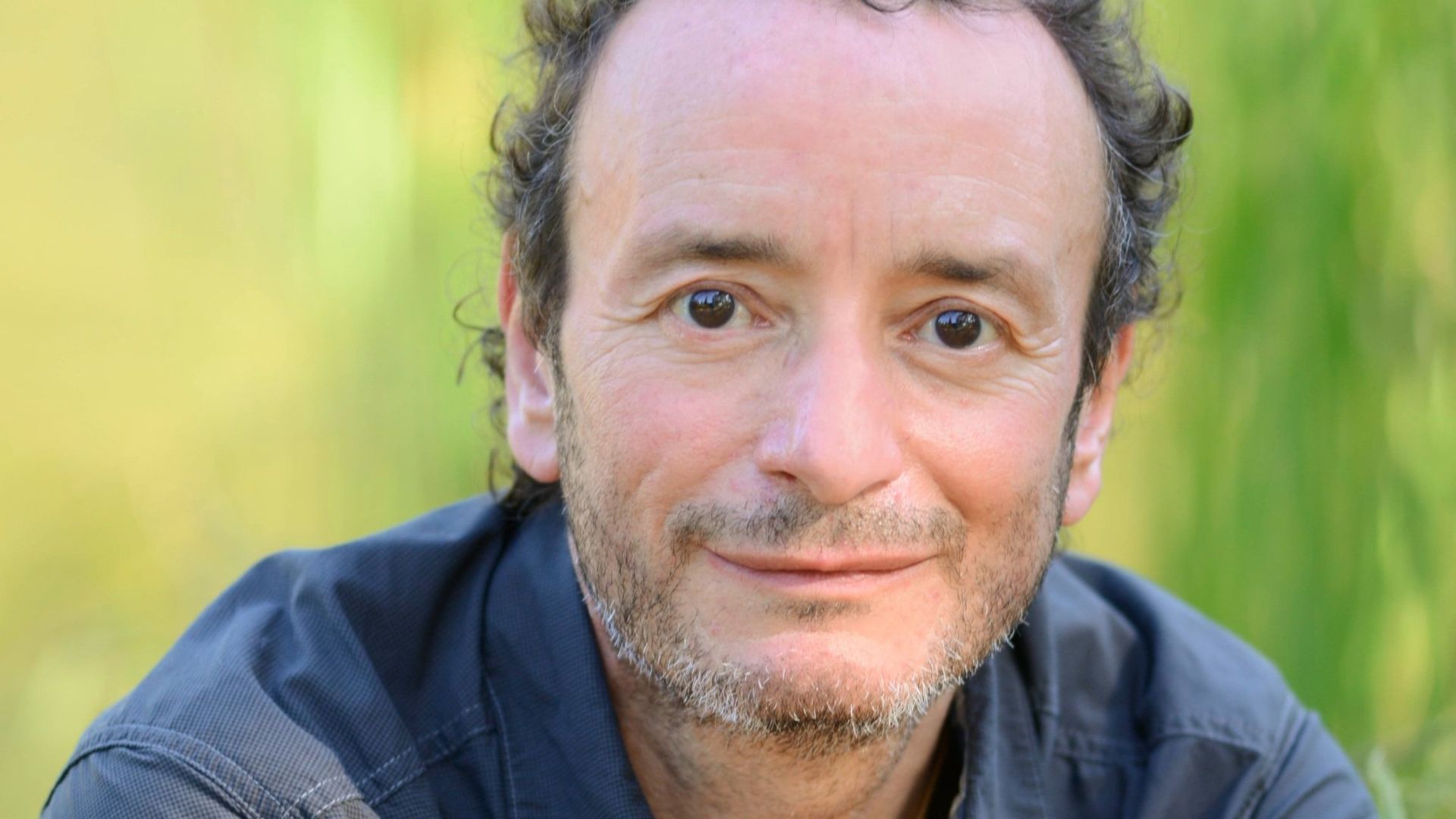
Jeremy Lent, described by Guardian journalist George Monbiot as “one of the greatest thinkers of our age,” is an author and speaker whose work investigates the underlying causes of our civilization’s existential crisis, and explores pathways toward a life-affirming future. He has two books – the award-winning, The Patterning Instinct: A Cultural History of Humanity’s Search for Meaning and The Web of Meaning: Integrating Science and Traditional Wisdom to Find Our Place in the Universe which offers a coherent and intellectually solid foundation for a worldview based on connectedness that could lead humanity to a sustainable, flourishing future. Jeremy is the founder of the Deep Transformation Network, a global community exploring pathways to an ecological civilization. He lives with his partner in Berkeley, California.
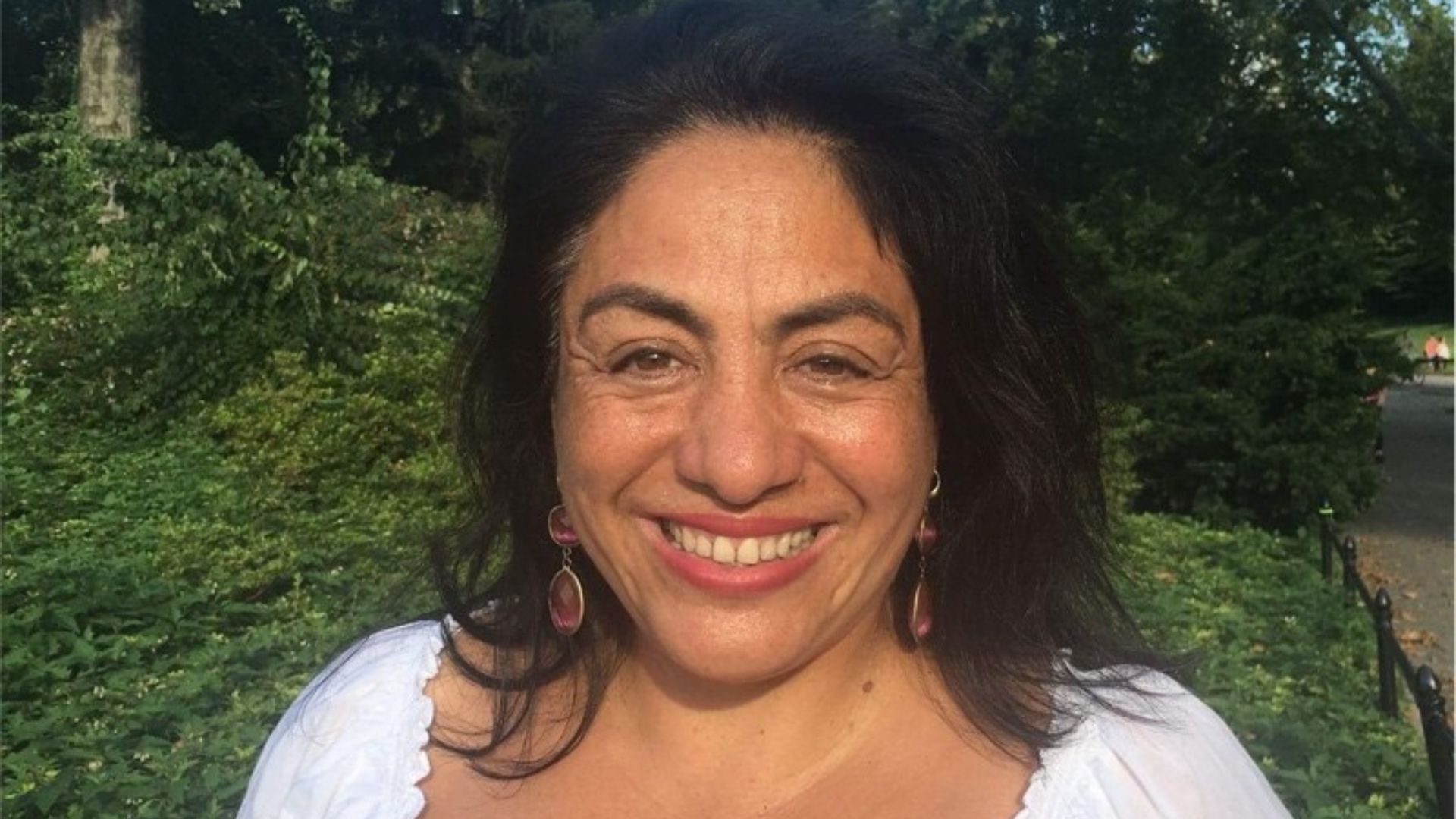
A native of Chile, Monica is a New York City–based permaculture educator, community organizer, and ecological designer since 2007. She has dedicated her life to working with diverse and marginalized communities through education. Monica is currently part of the permaculture faculty at Oregon State and Cornell University. She’s currently developing a permaculture curriculum for senior students at public schools that will make permaculture accessible for young people who really need it across the US, even in highly urbanised areas, and beyond. Monica was an avid gardener as a small child with her grandparents in Chile. She rekindled her passion for growing food as an adult while living in southeast Alaska. She is an advisor on the board of Abundant Earth Foundation and the New York Climate Education Hub Task Force, is President of Permaculture Institute of North America and leads the Urban Design and Sustainability Program. Monica is committed to improving food systems while advancing social and environmental justice globally.
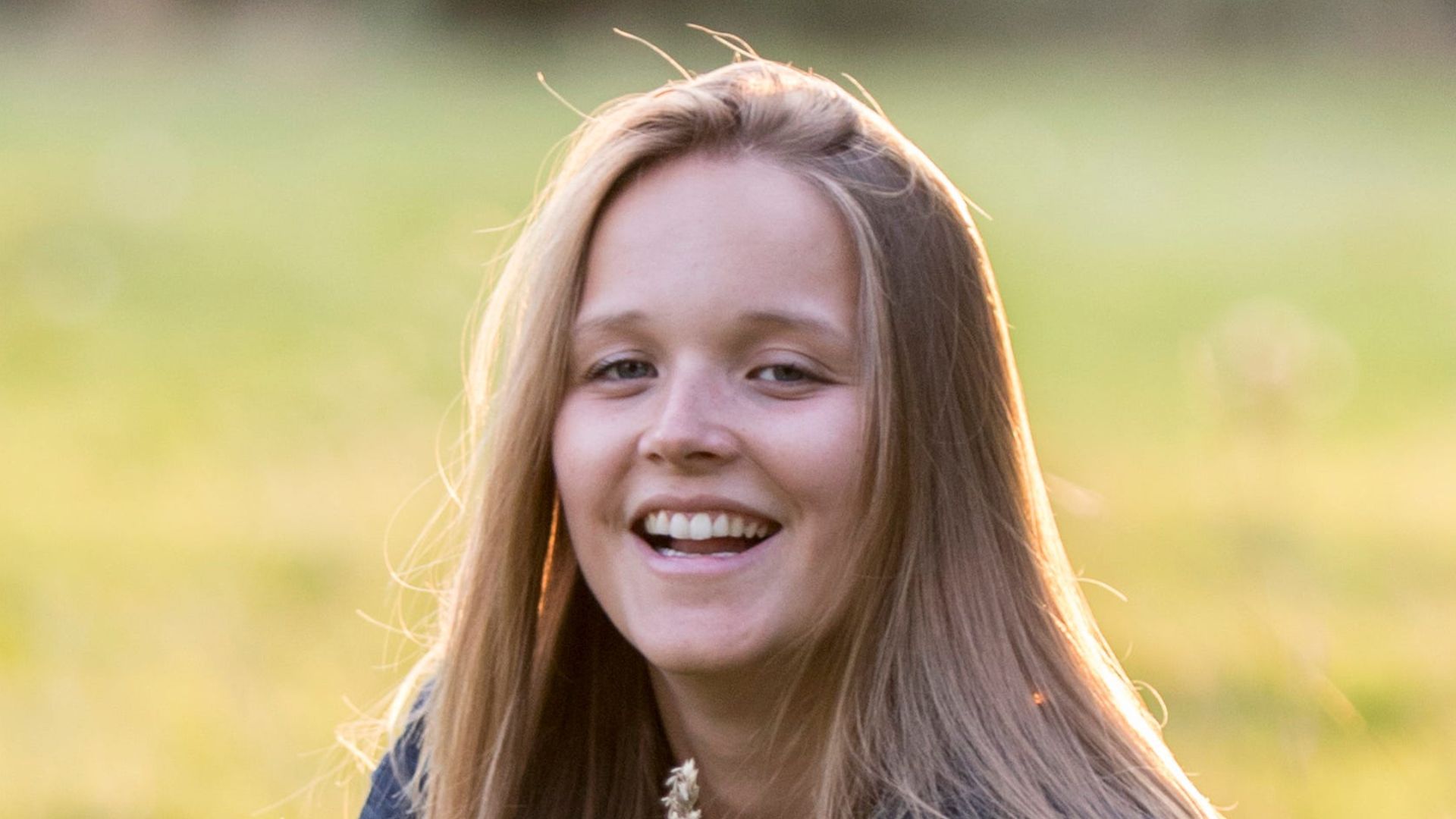
Phoebe Tickell is an imagination activist who invites people to exercise and stretch their imaginations in order to create new possibilities and new action. She is the founder and director of Moral Imaginations – a group who are building a movement of moral imagining: collective imagining to increase radical kinship with the human and more-than-human worlds. She is a climate activist, Warm Data Lab host, Edmund Hillary Fellow, Schumacher College graduate and scholar, Cambridge-trained biologist and former scientist exploring solar punk futures.
https://www.moralimaginations.com/
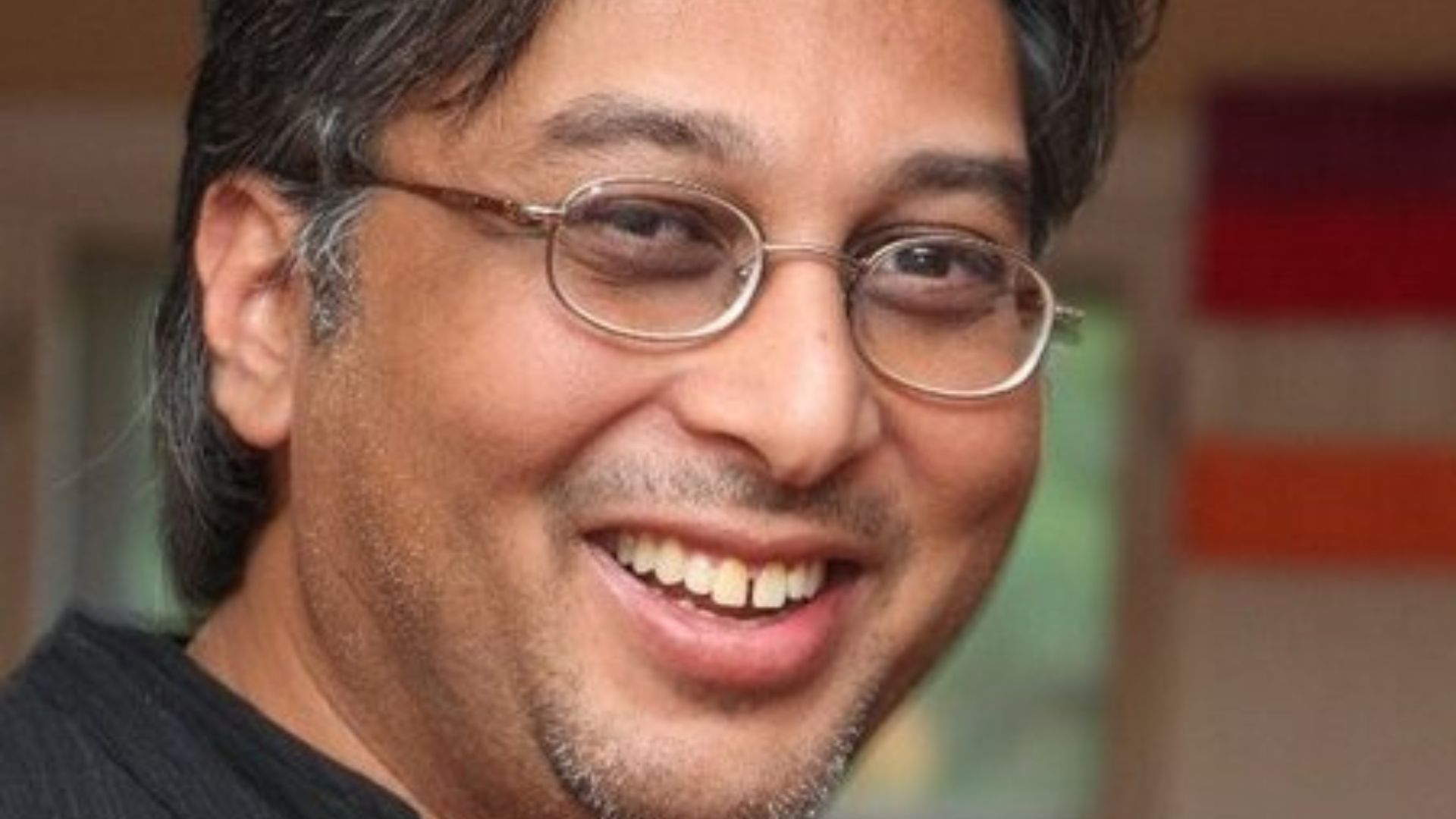
Manish Jain is deeply committed to regenerating our diverse local knowledge systems and cultural imaginations and is one of the strong planetary voices for de-schooling our lives. He explores learning societies, unlearning, gift culture, community media, and tools for deep dialogue. He helped launch the global Ecoversities Network and is an advisory member of the Economics of Happiness network for localization.He lives in Udaipur, Rajasthan, in North India and works with a movement called Shikshantar, ‘The Peoples’ Institute for Rethinking Education and Development’. He is also co-founder of Swaraj University – India’s first university dedicated to localization and was featured in the documentary Schooling the World. He has been trying to unlearn his master’s degree in education from Harvard University and his BA in economics, international development, and political philosophy from Brown University. Manish is passionate about urban organic farming, filmmaking and slow food cooking.
https://www.ecoversities.org
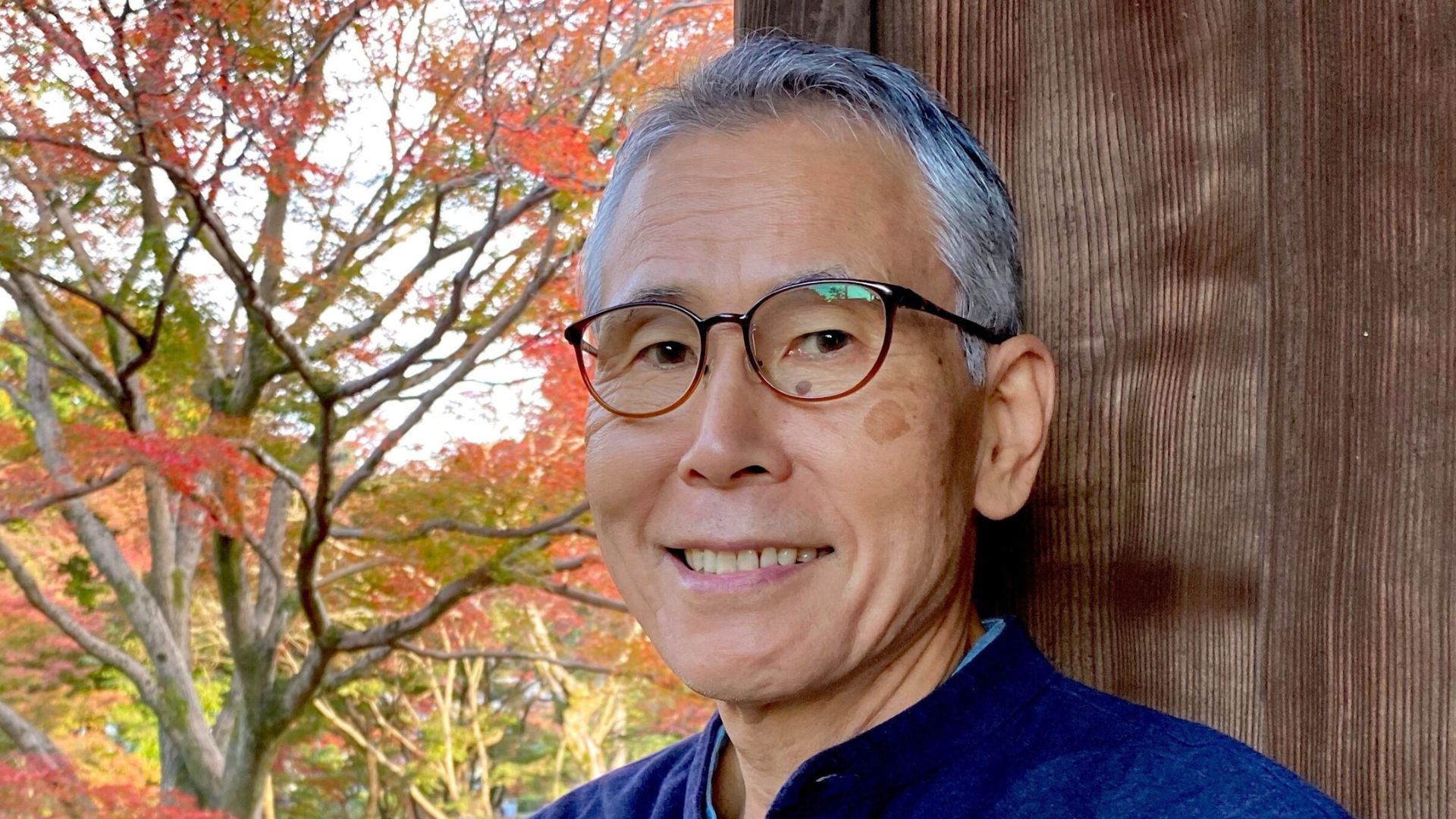
Keibo Oiwa, a leading environmental activist in Japan, is the founder of The Sloth Club – a Japanese NGO that promotes slow and sustainable living, encouraging a new appreciation of rural life and a simpler way of living, with community, growing and nature the focus. He’s an educator, cultural anthropologist, localisation advocate, filmmaker, public speaker and author/co-author of over 50 books including Slow is Beautiful: Culture as Slowness and co-authored a book with David Suzuki. He’s a regular contributor to many magazines and is Emeritus Professor at Meiji Gakuin University. Every year, Keibo grew rice with his university students.
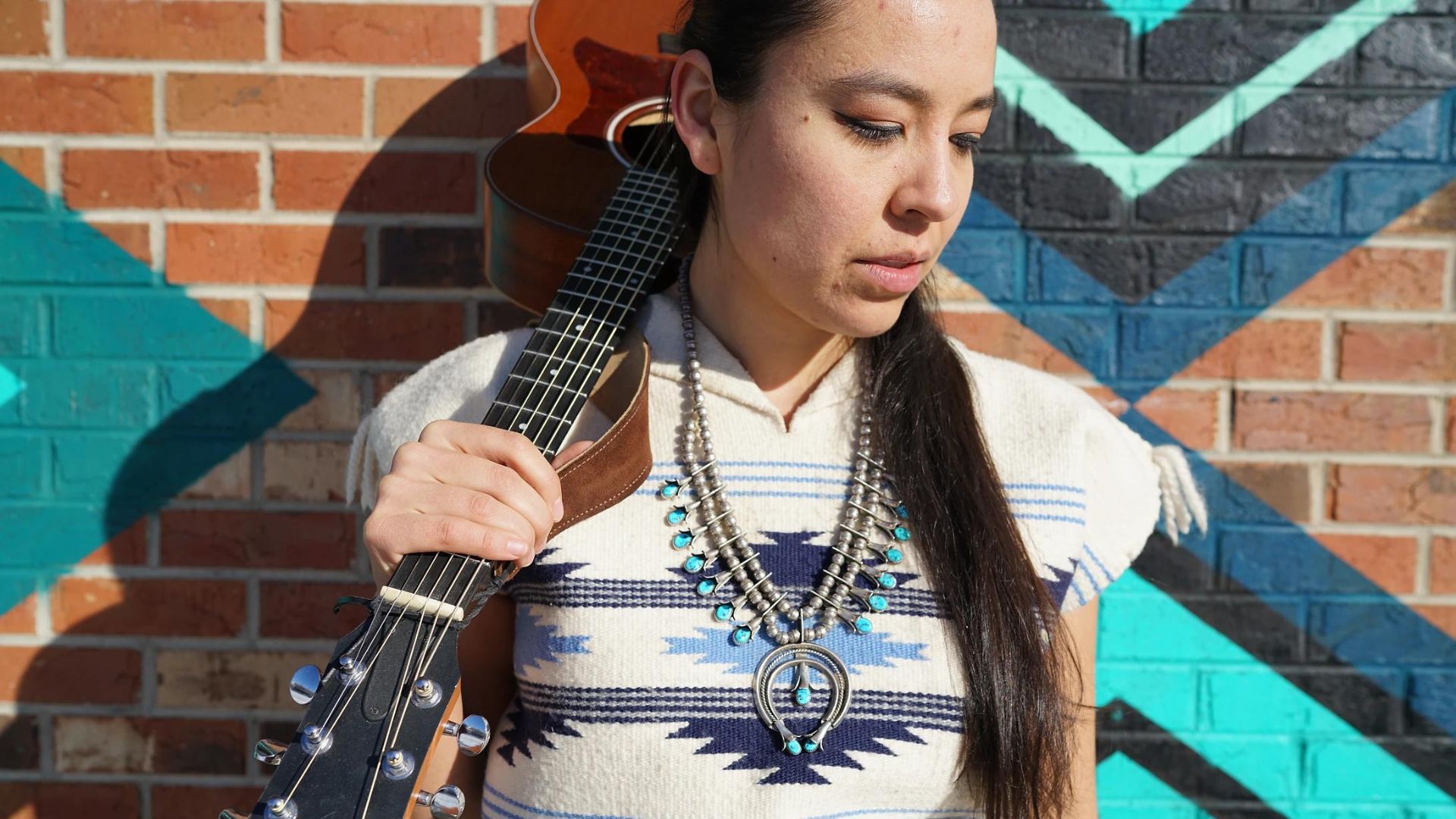
Lyla June is an Indigenous musician, scholar, and community organizer of Diné (Navajo), Tsétsêhéstâhese (Cheyenne) and European lineages. Her multi-genre presentation style has engaged audiences across the globe towards personal, collective, and ecological healing. She blends her study of Human Ecology at Stanford, graduate work in Indigenous Pedagogy, and the traditional worldview she grew up with to inform her music, perspectives and solutions. She recently finished her PhD on the ways in which pre-colonial Indigenous Nations shaped large regions of Turtle Island (aka the Americas) to produce abundant food systems for humans and non-humans.
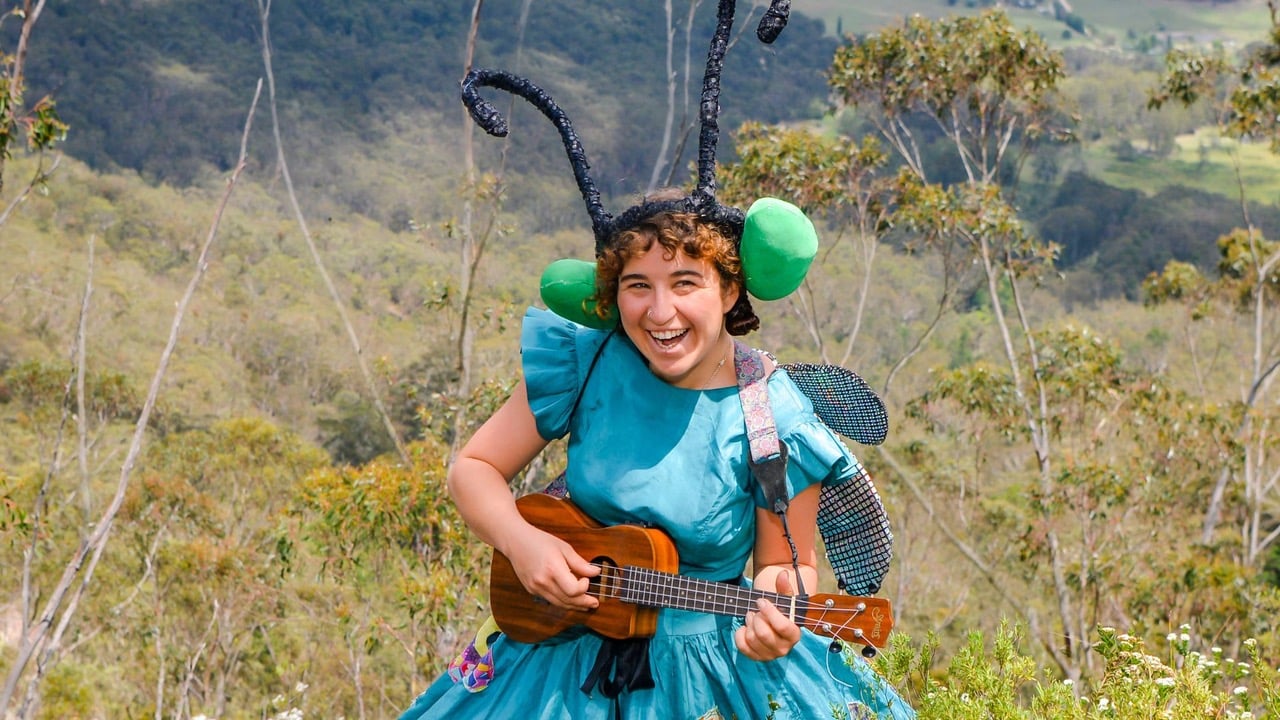
Dr. Amelie Vanderstock is a pollinator ecologist, musician and permaculture educator from the Blue Mountains, Australia. Creating songs inspired by the wonders of native bees and the natural world, Amelie Ecology invites science lovers young and old to be curious and sew seeds of change in a participatory musical that will have you waggle-dancing with the Earth. Amelie Ecology has performed in schools and festivals across Australia, Europe and Japan including Woodford Folk Festival and Green Gathering (UK). As an ecologist, Amelie researches the role of community gardens and urban greenspaces for promoting pollinating insect biodiversity. She also designs educational programs that connect youth with local ecology, inviting them to be co-creators of ecological research. Amelie is currently crowdfunding for her debut studio album and educational resource kit ‘Let’s BEE Scientists’, to be released on World Environment Day, 2024.

